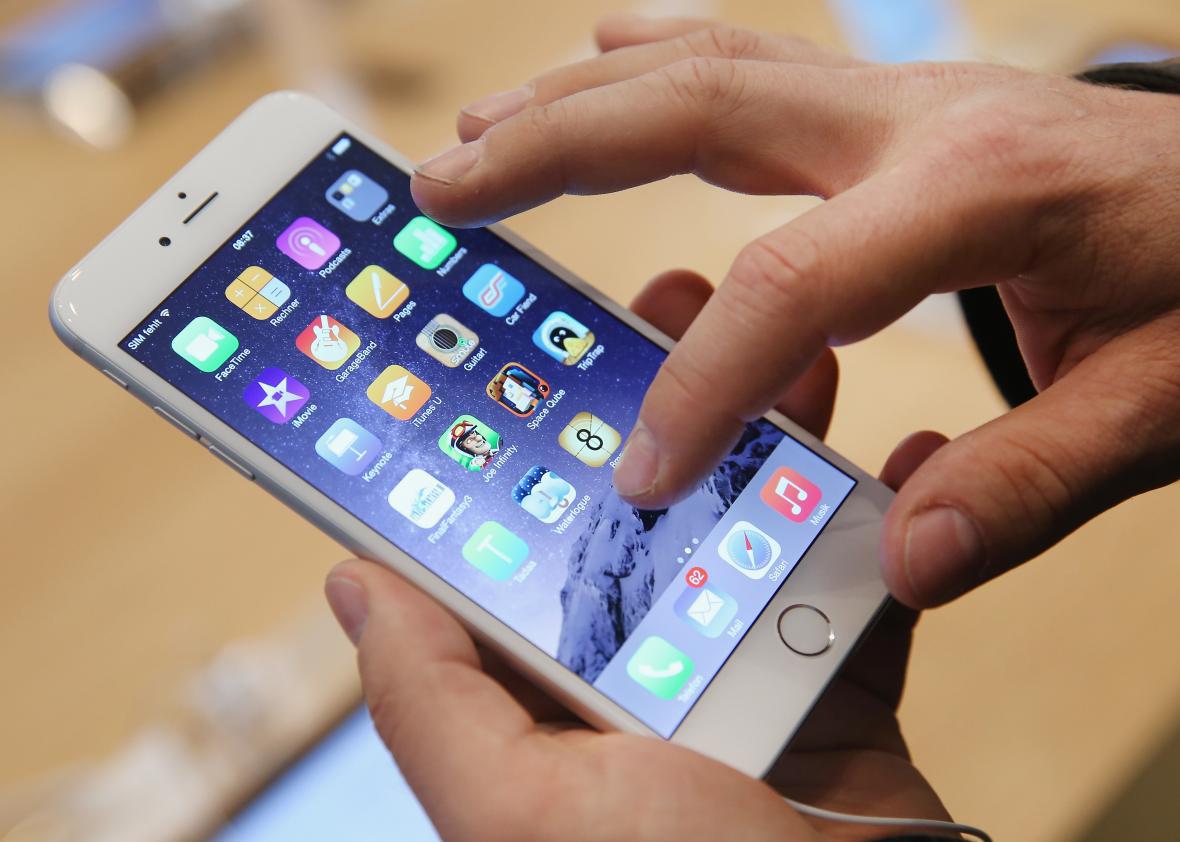For months now, the Obama administration has been grappling with the question of how much access law enforcement should have to encrypted data. Should tech companies like Apple and Google be required to build “backdoors” into their encryption so officials can get in? As the privacy debate around the issue rages, some federal judges have stepped forward, taking sides and attempting to push the conversation.
One is New York Magistrate Judge James Orenstein, who is using a current dispute to explore the topic. In a case where law enforcement agents want to compel Apple to unlock an iPhone, Orenstein asked Apple Friday to comment on whether the request is “unduly burdensome.” After he receives Apple’s opinion by Thursday, he will allow oral arguments about the question from both Apple and the government Oct. 22.
The Washington Post reports, though, that it seems like Orenstein (a long-time pro-privacy advocate) will not grant the order the government wants. Brian Owsley, a former magistrate judge in Texas, told the Post that Orenstein is “clearly a judge who is interested in opening topics to discussion in the judiciary, but he also thinks the larger public should know about the debate.”
Orenstein’s request comes on the heels of comments from FBI Director James Comey, who told the Senate’s Homeland Security and Governmental Affairs Committee Thursday that the Obama administration isn’t pursuing legislative backdoor requirements right now.
“Unfortunately, changing forms of Internet communication and the use of encryption are posing real challenges to the FBI’s ability to fulfill its public safety and national security missions,” he said. “The United States Government is actively engaged with private companies to ensure they understand the public safety and national security risks that result from malicious actors’ use of their encrypted products and services. However, the Administration is not seeking legislation at this time.”
Orenstein may not have chosen the best case for making a point, because the iPhone in question is running an old version of Apple’s iOS operating system that the company is known to be able to unlock. (Beginning with iOS 8, Apple designed its system so the company doesn’t have the ability to unlock an iPhone that it is locked with a passcode.) But the more judges, and citizens, talk about the issue, the more pressure there will be to develop precedent.
